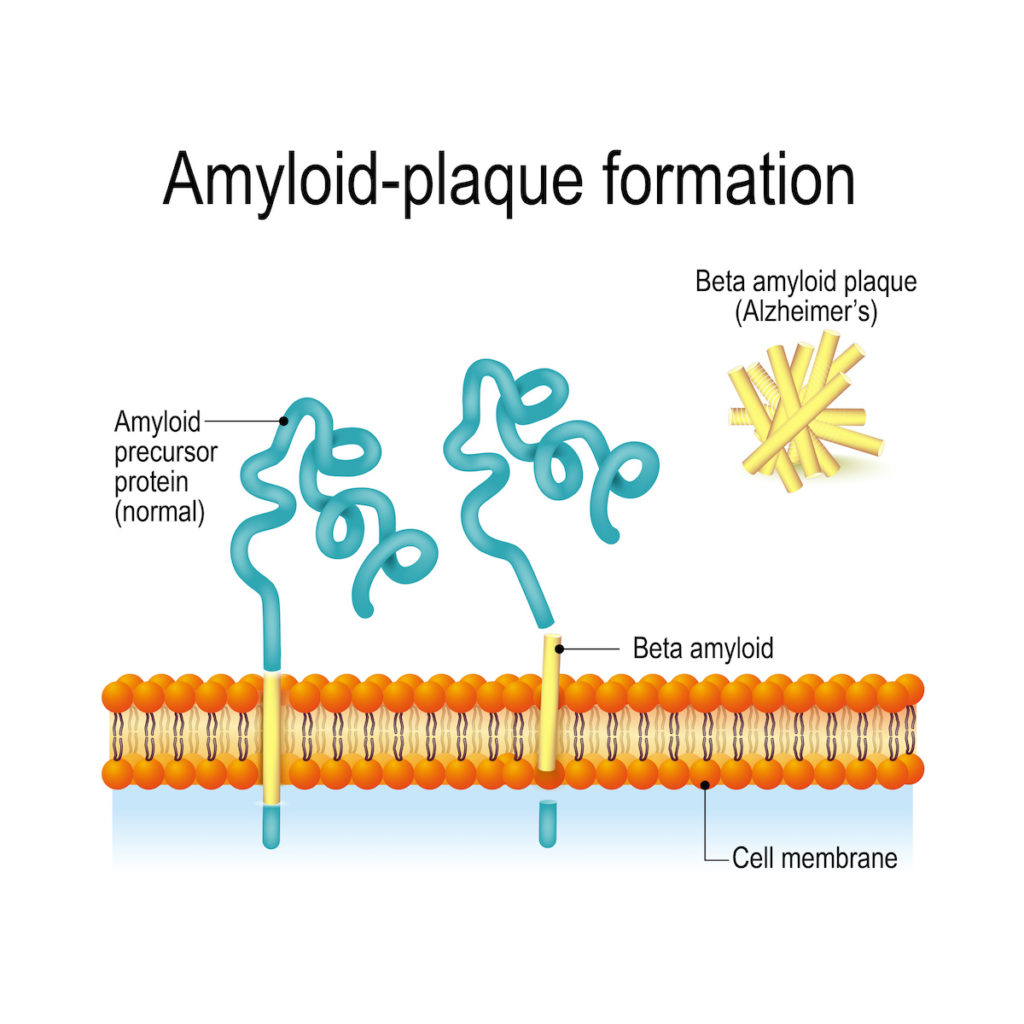 For decades, Alzheimer’s disease has loomed like a dark cloud, casting a shadow over individuals and families alike. Characterized by progressive memory loss and cognitive decline, it has remained a daunting challenge with no definitive cure. However, recent Alzheimer’s developments offer a beacon of hope, suggesting potential avenues for combating this devastating illness.
For decades, Alzheimer’s disease has loomed like a dark cloud, casting a shadow over individuals and families alike. Characterized by progressive memory loss and cognitive decline, it has remained a daunting challenge with no definitive cure. However, recent Alzheimer’s developments offer a beacon of hope, suggesting potential avenues for combating this devastating illness.
New Alzheimer’s Disease Developments
First FDA-Approved Drug: A significant milestone came in July 2023 with the approval of Leqembi (lecanemab) by the US Food and Drug Administration (FDA). This immunotherapy drug represents the first treatment explicitly targeting the underlying pathology of Alzheimer’s – the buildup of amyloid plaques in the brain. While not a cure, Leqembi has shown promise in slowing cognitive decline, particularly in early-stage patients, offering potentially precious time and improved quality of life.
Beyond Amyloid: Alzheimer’s Developments
 Though amyloid plaques are a key focus, researchers are exploring other avenues. A recent study at the University of Pennsylvania revealed encouraging results with a molecule called 4-phenylbutyrate (PBA). This “chaperone” molecule helps prevent protein misfolding, potentially slowing the progression of tau protein tangles – another hallmark of Alzheimer’s. While still in early stages, this research points towards a more comprehensive approach targeting multiple disease mechanisms.
Though amyloid plaques are a key focus, researchers are exploring other avenues. A recent study at the University of Pennsylvania revealed encouraging results with a molecule called 4-phenylbutyrate (PBA). This “chaperone” molecule helps prevent protein misfolding, potentially slowing the progression of tau protein tangles – another hallmark of Alzheimer’s. While still in early stages, this research points towards a more comprehensive approach targeting multiple disease mechanisms.
Alzheimer’s Developments: Ultrasound to the Rescue
Another exciting development utilizes focused ultrasound technology. This non-invasive method uses sound waves to temporarily open the blood-brain barrier, allowing targeted delivery of anti-amyloid drugs directly to their site of action within the brain. Studies have shown significant increases in plaque clearance compared to traditional drug delivery methods, potentially enhancing treatment efficacy.
Prevention is Key
 While effective treatments are crucial, preventing Alzheimer’s altogether remains a desirable goal. Research focusing on lifestyle modifications and early intervention is gaining traction. Studies suggest that regular physical activity, a healthy diet rich in fruits and vegetables, and cognitive stimulation may play a role in reducing Alzheimer’s risk. Additionally, identifying individuals at higher risk through genetic testing or cognitive assessments could pave the way for early intervention with preventative measures.
While effective treatments are crucial, preventing Alzheimer’s altogether remains a desirable goal. Research focusing on lifestyle modifications and early intervention is gaining traction. Studies suggest that regular physical activity, a healthy diet rich in fruits and vegetables, and cognitive stimulation may play a role in reducing Alzheimer’s risk. Additionally, identifying individuals at higher risk through genetic testing or cognitive assessments could pave the way for early intervention with preventative measures.
A Collaborative Effort
It’s important to remember that the fight against Alzheimer’s is not a solitary one. Researchers, pharmaceutical companies, government agencies, and patient advocacy groups are working together to accelerate progress. Increased funding for research, streamlined clinical trial processes, and open data sharing are crucial aspects of this collaborative effort.
Hope on the Horizon
While there is no magic bullet yet, the recent advancements in Alzheimer’s research offer a ray of hope for millions. The approval of Leqembi, promising new therapeutic approaches, and a growing emphasis on prevention paint a clearer picture of a future where this disease can be managed, if not eradicated. It’s crucial to maintain realistic expectations and understand that these breakthroughs are evolving, but the momentum is undeniable. We stand on the precipice of a new era in the fight against Alzheimer’s, and the future looks brighter than ever before.
Planning For Your Long Term Care: An elder law estate planning attorney and a long term care financial planner can help you create a long term care plan plan that meets your specific needs as you age and help to preserve assets for you and your family.

